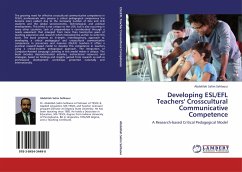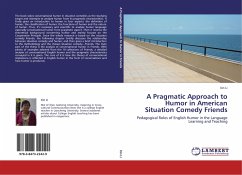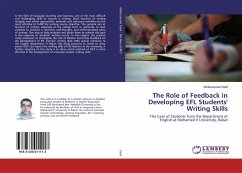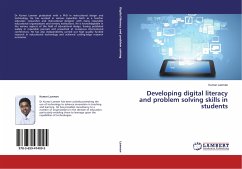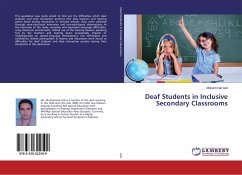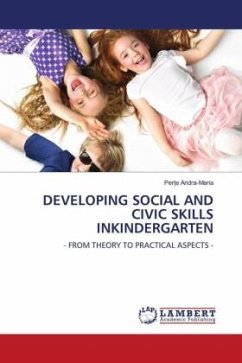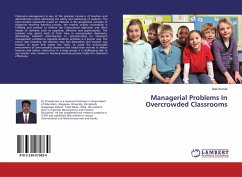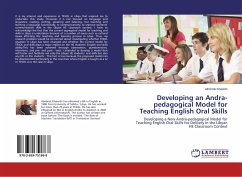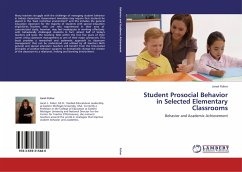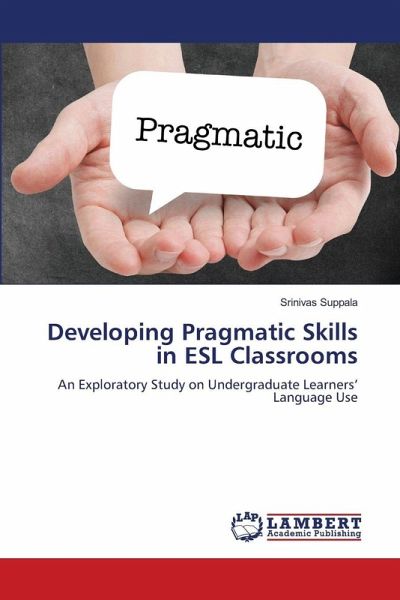
Developing Pragmatic Skills in ESL Classrooms
An Exploratory Study on Undergraduate Learners' Language Use
Versandkostenfrei!
Versandfertig in 6-10 Tagen
71,99 €
inkl. MwSt.

PAYBACK Punkte
36 °P sammeln!
This study investigated and aimed to develop the pragmatic competence of tertiary-level ESL learners, focusing on five key speech acts: requests, agreements and disagreements, apologies, complaints, and expressions of gratitude. The research involved 30 first-year engineering students from JNTUH-affiliated institutions, most of whom had studied in regional medium schools.Despite being at the tertiary level, these learners faced serious challenges in using English appropriately in both formal and informal contexts. Their difficulties stemmed from limited opportunities to interact in English, al...
This study investigated and aimed to develop the pragmatic competence of tertiary-level ESL learners, focusing on five key speech acts: requests, agreements and disagreements, apologies, complaints, and expressions of gratitude. The research involved 30 first-year engineering students from JNTUH-affiliated institutions, most of whom had studied in regional medium schools.Despite being at the tertiary level, these learners faced serious challenges in using English appropriately in both formal and informal contexts. Their difficulties stemmed from limited opportunities to interact in English, along with cultural and educational backgrounds that offered little exposure to speech acts. Many struggled to construct grammatically accurate sentences or speak fluently and contextually. The habitual use of their mother tongue further hindered their development in English.Recognizing the importance of speech acts in professional settings like job interviews, the study assessed learners' existing linguistic and pragmatic competence, identified their needs, and introduced targeted interventions to bridge the gap between their current and expected levels of proficiency.



